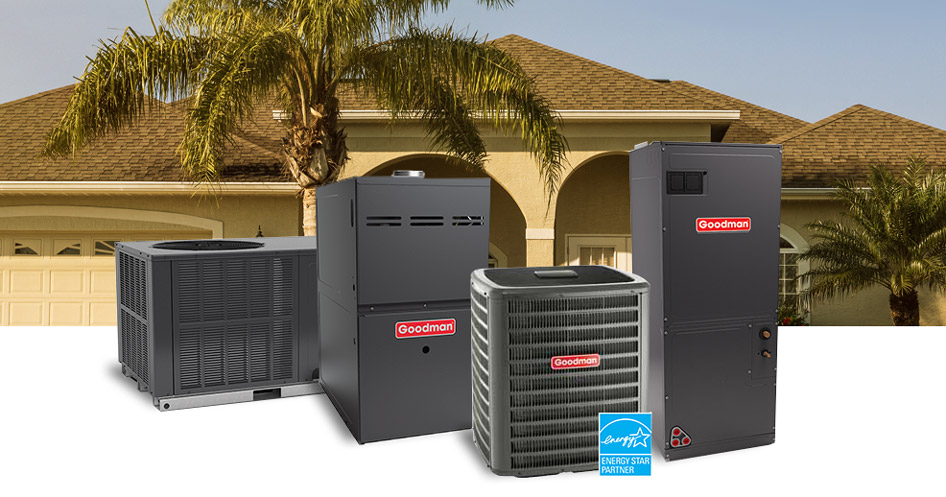What is a SEER Rating?
Air Conditioner Efficiency Explained
One of the most confusing and perhaps little understood topics in air conditioning is the SEER rating. What is a SEER rating exactly?
Many articles seek to answer this question, and many are very technical crunching lots of numbers.
But let’s be honest. Very few of us are technical number crunchers.
If you are looking for that sort of thing, you won’t get it here. Instead, we’re going to break it down into easy to understand concepts.
What is a SEER Rating?
SEER stands for Seasonal Energy Efficiency Ratio.
The minimum SEER required by law is 13 with most air conditioners today being between a 14-21 SEER rating.
The higher the SEER rating, the more energy efficient your air conditioner is. So, the higher your SEER rating, the lower your energy bills.
Make sense?
Choosing the right SEER Rating for you
Factors to consider are the requirements of your space and cost of the air conditioning unit.
Generally, the higher the SEER rating the higher the cost.
There is a point of diminishing returns and unless you have a huge space and expendable income, you’re very unlikely to need or even want the highest SEER rating possible.
In fact, the most commonly installed model has a rating of, 14 SEER.
If you wanted to go higher end while still keeping costs reasonable, you could go up to a 16 or maybe 17 SEER. But be aware that each SEER rating increases the cost by a few hundred dollars.
The heart of the SEER matter
If you’re replacing your air conditioner, chances are it’s probably pretty old. At least 15 years to 30 years old. And the SEER rating of your unit is probably significantly lower than the current national minimum required by law.
That means that any new system is already going to be an efficiency improvement over your existing unit.
If you want to eek out a few extra dollars on your energy bill, you might choose to upgrade to a 16 SEER unit.
Just be aware that it’ll take you a few years to recoup the costs of the more expensive system.
Saving just 10% of your energy bills (due to air conditioner usage alone) might save you $120 a year. And if you spend $1,000 more on your new air conditioner just for the SEER rating, that’s about 7 years to recoup the costs.
The stuff no one tells you about
That’s as far as the average salesmen will go.
They’ll tell you after this point you’re saving money. Go with the best and biggest model because it’ll guarantee the most savings.
What they don’t tell you is that with each passing year, your unit becomes less and less efficient.
There’s a reason the promotional material says “up to XX Seer.”
It’ll probably achieve that number once in the unit’s life and that’s right out of the box.
So by the time year 7 rolls around, it’s possible that 18 SEER unit you bought is only operating at 13 SEER at best. So the savings you get are less and less meaning it takes even longer to break even.
The real problem is that none of this is really trackable except to the extremely diligent and vigilant.
The average Joe just uses his air conditioner and pays the electric bills without all the fine number crunching to see if his investment is really doing what was promised.
What SEER rating is right for you?
So what should you do?
Go affordable.
Of course you shouldn’t cut corners and buy off-market brands or pay your handyman third cousin twice removed to install it.
But there’s no really good reason why you’d need anything higher than the minimum SEER requirements.
Remember, any system is going to be a huge improvement over your current, aged air conditioner.
Call Select Home Improvements
Still confused?
Contact Select Home Improvement. We’ll send out one of our comfort advisors to give you a FREE in-home estimate and advise you on the unit that’s best for your home.
Just call (855) 995-2233 to speak to someone today.
Select Home Improvements is the best choice if you are looking for a home improvement contractor. If you have questions about your project please contact Select Home Improvements. We are here to assist you.
Call us at (855) 995-2233.


